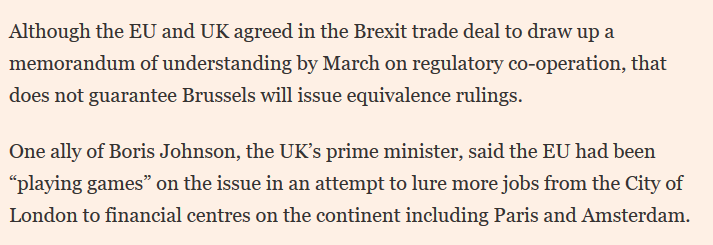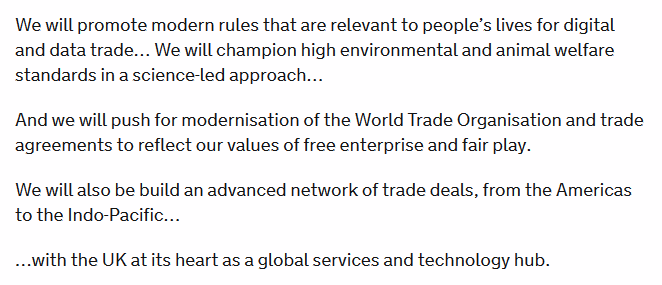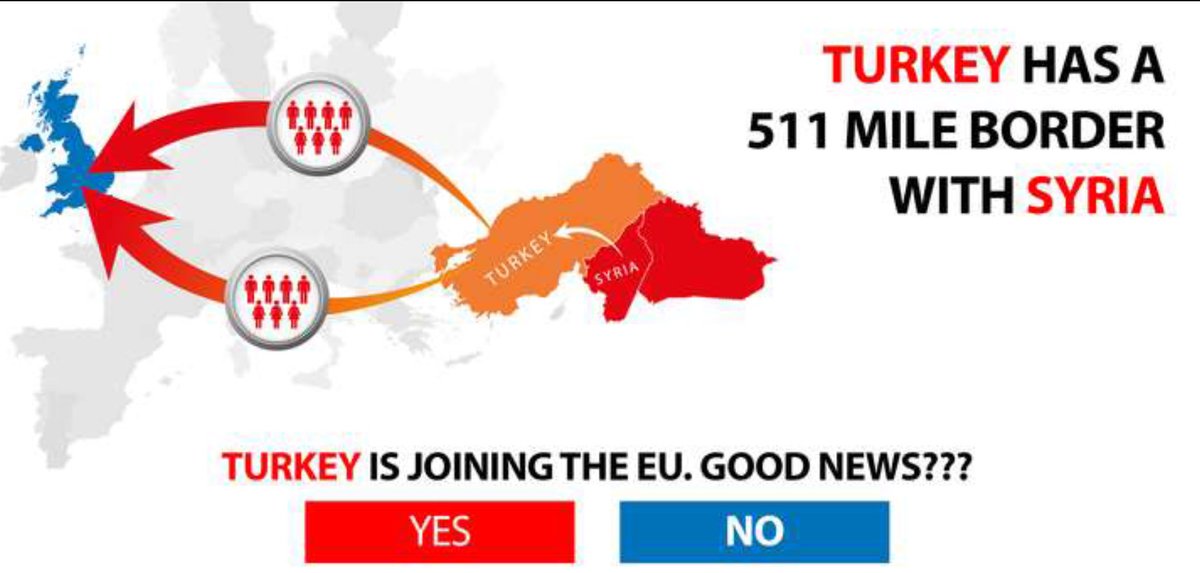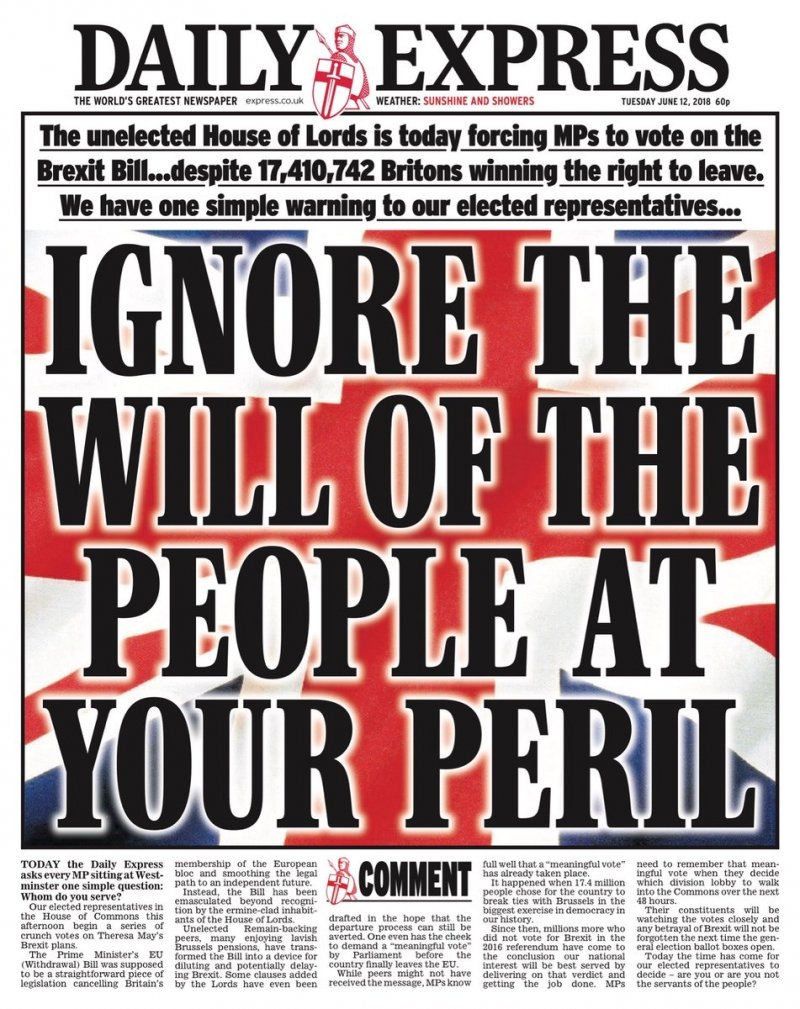Breathless accounts of brilliant negotiating are oddly unaccompanied by statements of UK wins.
More from David Henig
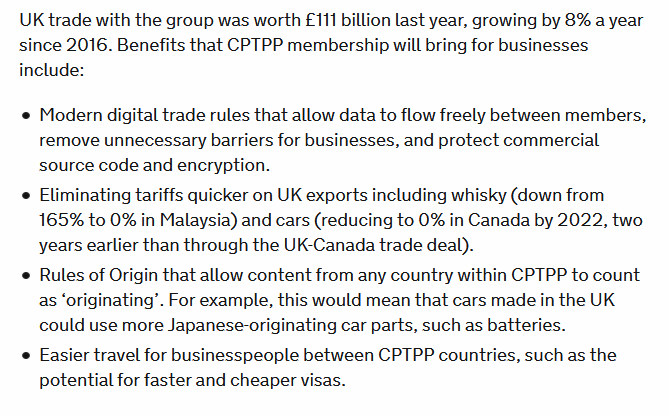
Tomorrow we will formally apply to join #CPTPP \U0001f1ec\U0001f1e7
— Liz Truss (@trussliz) January 31, 2021
Membership will help drive an export- led, jobs-led recovery across \U0001f1ec\U0001f1e7 bringing more opportunities to trade with fast growing Pacific nations. \U0001f30e
Read more here\U0001f447https://t.co/5sQhgW4vCM
Here's my more realistic take on CPTPP. Economic gains limited, but politically in terms of trade this makes some sort of sense, these are likely allies. DIT doesn't say this, presumably the idea of Australia or Canada as our equal upsets them.
Gather UK application to join CPTPP is finally about to be announced, not that it was exactly a secret. Economic value limited given distance and existing UK deals, not a particularly strong or modern agreement in areas of UK strength like services, but...
— David Henig (@DavidHenigUK) January 30, 2021
As previously noted agriculture interests in Australia and New Zealand expect us to reach generous agreements in WTO talks and bilaterals before acceding to CPTPP. So this isn't a definite. Oh and Australia wants to know if we'll allow hormone treated beef
Ultimately trade deals are political, and the UK really wants CPTPP as part of the pivot to indo-pacific, and some adherents also hope it forces us to change food laws without having to do it in a US deal (isn't certain if this is the case or not).
If we can accede to CPTPP without having to make changes to domestic laws it is fine. Just shouldn't be our priority, as it does little for services, is geographically remote, and hardly cutting edge on issues like climate change or animal welfare.
More from Brexit
You May Also Like
Why is this the most powerful question you can ask when attempting to reach an agreement with another human being or organization?
A thread, co-written by @deanmbrody:
Next level tactic when closing a sale, candidate, or investment:
— Erik Torenberg (@eriktorenberg) February 27, 2018
Ask: \u201cWhat needs to be true for you to be all in?\u201d
You'll usually get an explicit answer that you might not get otherwise. It also holds them accountable once the thing they need becomes true.
2/ First, “X” could be lots of things. Examples: What would need to be true for you to
- “Feel it's in our best interest for me to be CMO"
- “Feel that we’re in a good place as a company”
- “Feel that we’re on the same page”
- “Feel that we both got what we wanted from this deal
3/ Normally, we aren’t that direct. Example from startup/VC land:
Founders leave VC meetings thinking that every VC will invest, but they rarely do.
Worse over, the founders don’t know what they need to do in order to be fundable.
4/ So why should you ask the magic Q?
To get clarity.
You want to know where you stand, and what it takes to get what you want in a way that also gets them what they want.
It also holds them (mentally) accountable once the thing they need becomes true.
5/ Staying in the context of soliciting investors, the question is “what would need to be true for you to want to invest (or partner with us on this journey, etc)?”
Multiple responses to this question are likely to deliver a positive result.


